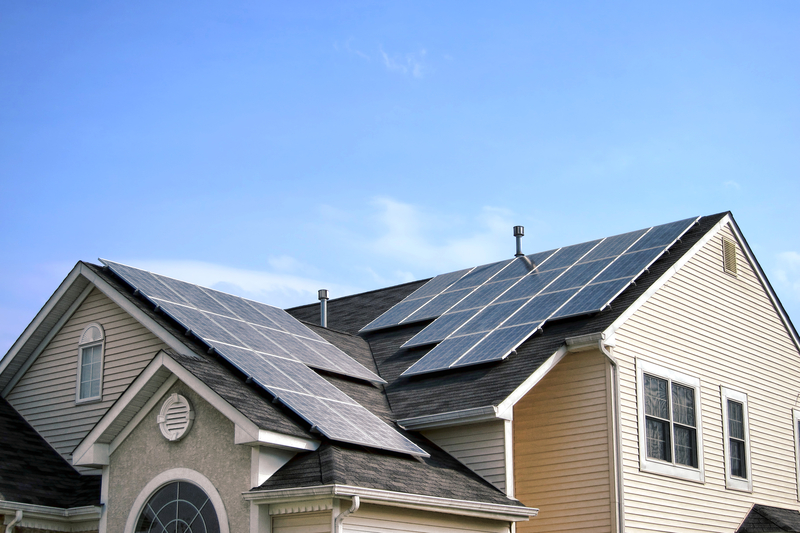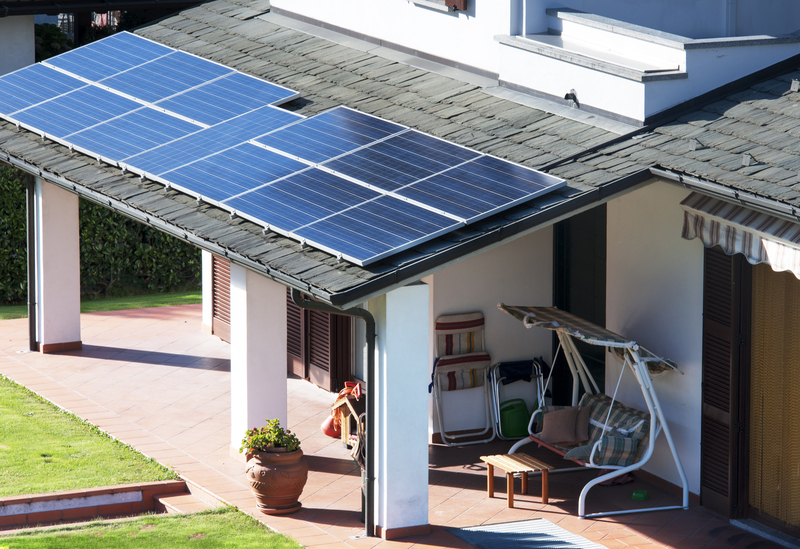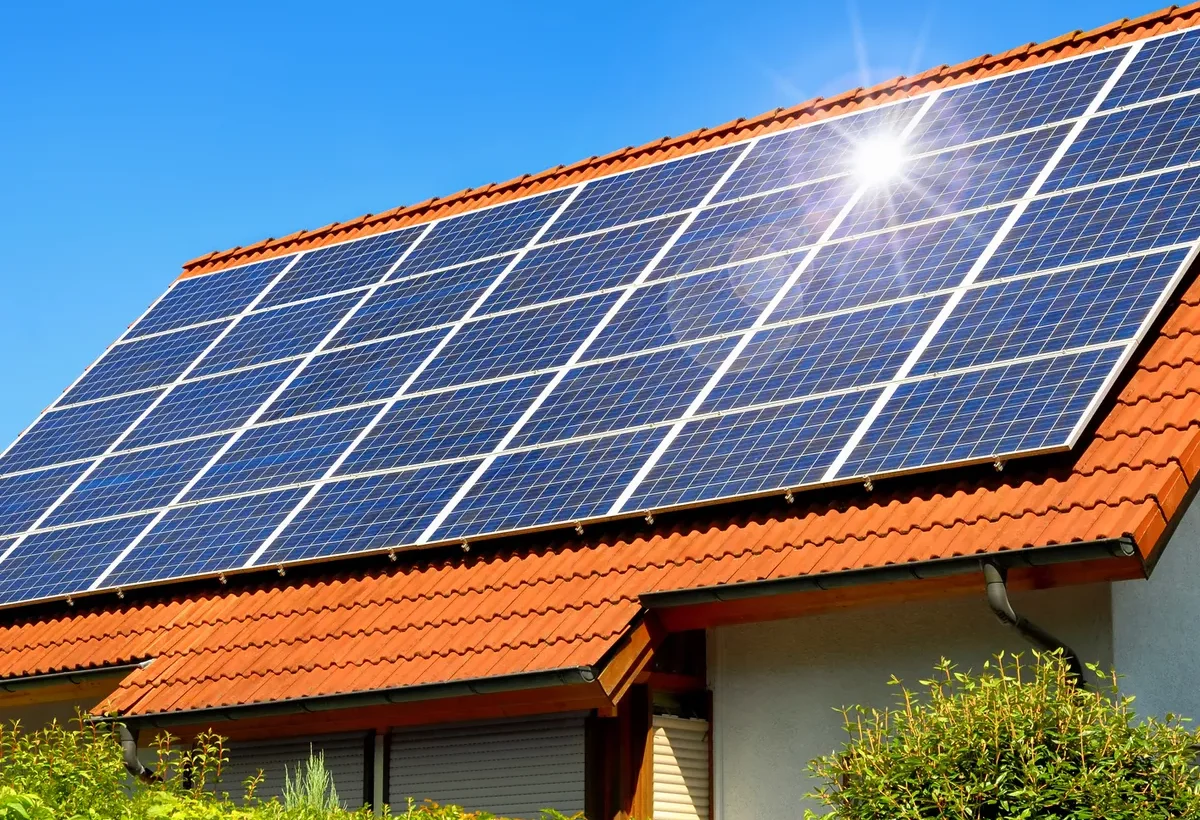In this article, we explore the average monthly electric bill with solar panels. Solar panels offer potential savings of up to $150 per month. The actual savings on your electricity bill post-installation depend on the efficiency of your solar system, local electricity rates, and your household’s energy usage. Dive in to understand how solar panels can affect your average electric bill and counter rising energy costs.
Here at The Energy Professor, we want to give you the information you need to not only save money on your energy bill but to also become more energy efficient. We hope find this post helpful! And makes it easier for you to know the average monthly electric bill with solar panels. Be sure to also check out our one-of-a-kind energy savings calculator!
The Energy Professor Electricity Rate Check Tool
What is the Average Electricity Bill With Solar Panels?

The extent of your energy savings with solar panels varies based on several factors, but on average, when switching to solar electricity you can expect to save between $50 and $150 monthly. These savings can be even greater when factoring in local solar tax incentives. The actual reduction in your electric bill post-solar installation hinges on the energy production of your solar panels, local electricity rates, and your home’s energy usage. Now, let’s delve deeper into how solar panels lower your electric bill.
How Do Solar Panels Work With Your Electric Bill?
- The electric company will only charge you energy used from the grid. Not energy used from your solar panels.
The primary reason for a reduction in your electricity bill with solar panels lies in how energy usage is charged. With solar panels, your energy consumption primarily relies on the solar energy generated. Only when your usage exceeds what the solar panels provide do you draw energy from the grid or your energy provider. Since energy from the grid is more expensive than that from your solar panels, having solar panels means you pay less for electricity, as your reliance on the grid is reduced.
Related Post: Advantages and Disadvantages of Solar Power
Do You Still Pay Electricity Bills With Solar Panels?

Yes, even with solar panels, you will still receive an electric bill. A completely zero electric bill is a rarity, as most solar power users will incur some charges from their provider. These can include service fees or other miscellaneous costs. While solar panels significantly reduce your reliance on grid-supplied electricity, they typically don’t eliminate the electric bill. However, there’s a silver lining. If your solar panels produce more energy than you use, your energy provider might credit your account for the surplus energy added to the grid.
How Much Does the Electric Company Pay for Solar Power?
- In most cases, you are paid for your solar energy contributions around the same rate as you would pay for grid energy
Net Metering significantly benefits homeowners with solar panels by potentially reducing electric bills and allowing for earnings from surplus energy returned to the grid. Available in most states except Tennessee, Alabama, and South Dakota, with states like California, New York, and Massachusetts offering the best conditions, Net Metering compensates you at rates akin to grid energy for excess power generated, fostering savings and supporting sustainable energy.
Related Post: How Much do Tesla Solar Panels Cost?
Electric Bill Before and After Solar Panels

While pinpointing the exact amount is challenging, your potential savings largely depend on your state, electricity usage, and crucially, the amount of sunlight your location receives. In the next section, we’ll take a closer look at what your electric bill might look like before and after installing solar panels. Keep in mind, that these are average savings and can vary significantly based on your unique energy consumption and needs.
Do Solar Panels Lower Electric Bill?
- The average electric bill with solar panels will be $50 – $150 less than your normal electric bill.
Typically, solar panels can lower your average monthly electric bill by $50 to $150, potentially saving up to $1,800 annually. However, it’s crucial to consider the initial investment. While the prospect of saving on your electric bill is attractive, the average cost for a solar panel system can be substantial, sometimes around $20,000. Despite this high upfront cost, the long-term savings are worth considering.
Are there financing Options for solar panels?
Several financing options, including federal tax credits, state incentives, and payment plans, are available to ease the adoption of solar power for homeowners. These financial aids significantly reduce the upfront costs, paving the way for a lower average monthly electric bill with solar panels. The long-term benefits extend beyond just savings on electricity; they contribute to environmental sustainability and can increase your home’s value. With these financing aids, the investment in solar panels becomes more feasible.
Related Post: Complete Guide to Solar Leasing
Average Electricity Bill With Solar Panels FAQ

Q: How long does it typically take to break even on the initial investment in solar panels?
A: The break-even point depends on various factors like the cost of installation, energy savings, and incentives. On average, it can take between 5 to 10 years.
Q: Are there any environmental drawbacks to solar panels?
A: Solar panels have a significantly lower environmental impact compared to traditional energy sources. However, the manufacturing process does have some carbon footprint and they require space for installation.
Q: What should I know about solar panel warranties?
A: Solar panel warranties typically cover 20-25 years. It’s important to understand what is included, such as performance and equipment guarantees.
Q: Can solar panels eliminate my electric bill entirely?
A: While solar panels can significantly reduce your bill, they may not eliminate it completely due to factors like energy usage patterns and system size.
Q: Does My State Participate in Net Metering?
A: There are only 3 states in all of the United States that don’t participate in Net Metering programs. These states are Alabama, Tennessee, and South Dakota. All other states have some form of Net Metering you can participate in.
Do you Need Cheaper Electricity?
If you’ve taken the time to understand the information on your bill and discovered you’re paying more than you’d like for your electricity, have you looked around for a cheaper deal? The Energy Professor has a wealth of information on ways to save on your utilities, including details of top deals that could significantly reduce your monthly or quarterly electricity bills.
We hope you found this article helpful! If you are looking for ways to increase energy efficiency and sustainability in your home be sure to take a look at all of the latest renewable energy options in your area. The Energy Professor helps residential and small business owners find qualified energy suppliers in New York, New Jersey, Pennsylvania, Texas, Ohio, Maryland, Illinois, and Massachusetts


